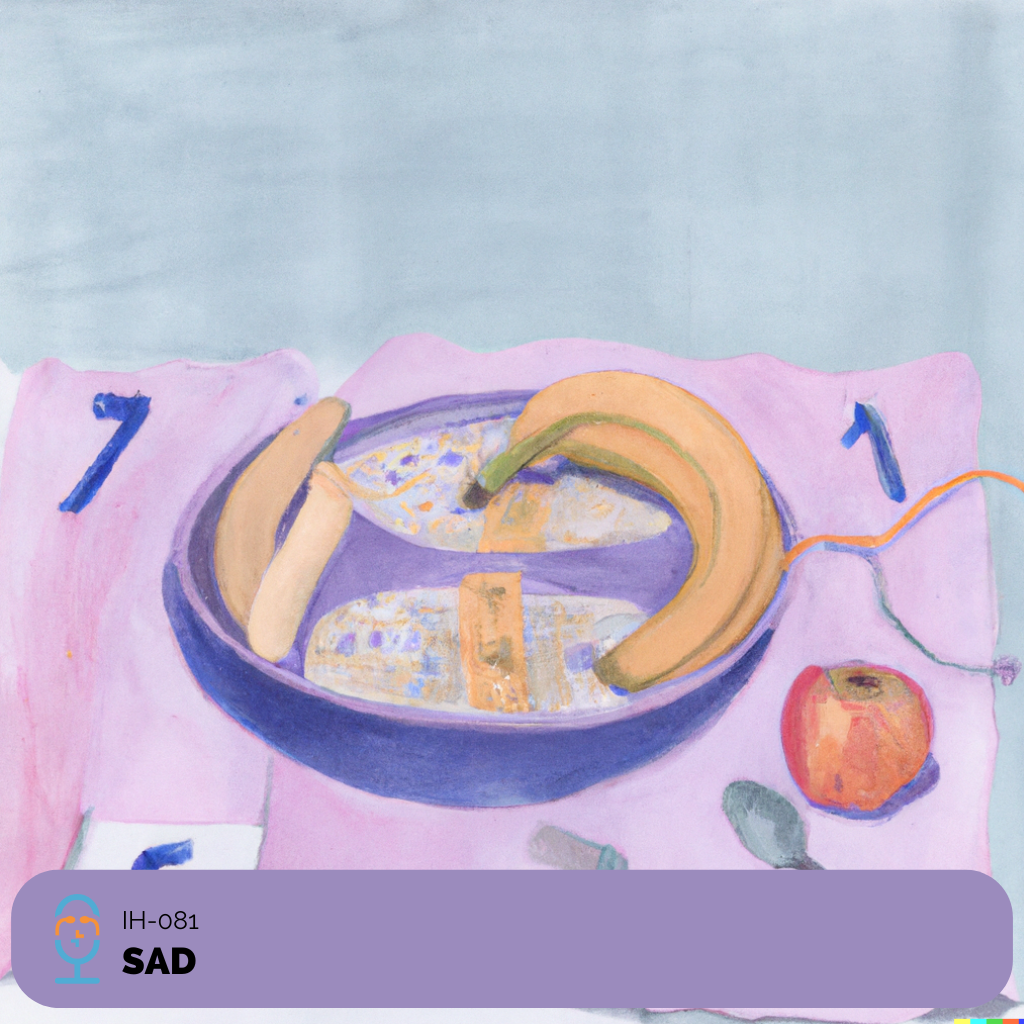Do you get the blues in the winter? Not the cool BB King type. The “Is this even worth it” kind. Well, a recent study just said Seasonal Affective Disorder (SAD) may not be a thing. That doesn’t make us fell any better.
Summary
The conversation explores the topic of seasonal affective disorder (SAD) and questions its legitimacy. The hosts discuss the history of SAD and how it became popularized and studied. They highlight the reliance on self-reporting in diagnosing mental illnesses and the potential for confirmation bias. The conversation also touches on the broader issue of how mental health conditions are defined and diagnosed. Overall, the hosts conclude that there is no clear answer and that further research is needed. In this conversation, Tom and Matt discuss the tendency for medical professionals to continue giving advice even when research contradicts it. They also explore the concept of labeling ourselves and the allure of belonging to niche communities. The conversation touches on the psychology behind flat earthers and the importance of understanding the provenance of ideas. They also discuss the practical applications of AI and the evolution of technology in creative fields.
Takeaways
- Seasonal affective disorder (SAD) is a controversial topic, with conflicting studies and opinions on its legitimacy.
- Mental health conditions, including SAD, are often diagnosed based on self-reporting, which introduces potential biases.
- The history and popularization of SAD raise questions about the reliability of its diagnosis and the influence of confirmation bias.
- The conversation highlights the need for further research and a critical examination of how mental health conditions are defined and diagnosed. Medical professionals often continue giving advice even when research contradicts it.
- Labels can be limiting and prevent us from fully understanding ourselves.
- The internet has made it easy for people to belong to niche communities, which can lead to polarization and division.
- Understanding the provenance of ideas can help us evaluate their validity.
- AI and technology are constantly evolving and have the potential to revolutionize various industries.
Chapters
00:00 Introduction and Personal Experiences
12:03 The History and Popularization of SAD
25:32 Questioning the Definition and Diagnosis of Mental Health Conditions
29:29 Misleading Medical Advice
37:46 Belonging to Niche Communities
39:24 Questioning Our Beliefs
50:32 The Practical Applications of AI
Podcast: Play in new window | Download







